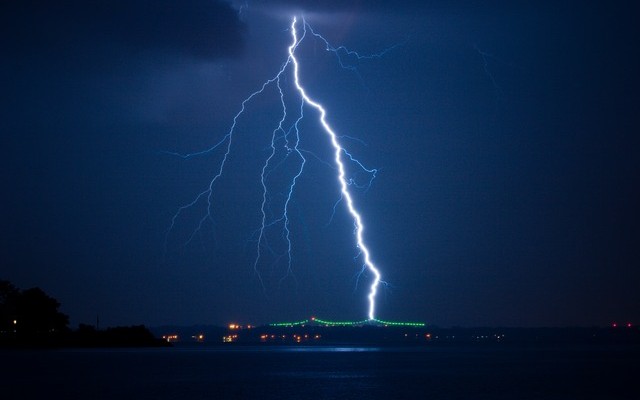The casino industry in the Philippines has grown considerably over the last 18 months and is expected to generate a significant amount of gaming tax revenue for the country. One of the biggest threats to the Philippines and the gaming industry are natural disasters as numerous studies have pegged the Philippines to be the second most disaster-prone country in the world.
Senate President Pro-Tempore Ralph Recto wants to make sure that the nation has the latest technical equipment to detect and prepare for national disaster, which would in turn protect the casino industry. Recto believes that the significant growth of the casino industry will encourage the nation to invest in purchasing more modernized Doppler radars that can be used by the Philippine Atmospheric Geophysical and Astronomical Services Administration (PAGASA).
Recto has put together a bill that is requesting Philippine Amusement and Gaming Corp. (PAGCOR), the nation’s state gaming regulator to invest 3 billion pesos to update the technical equipment for the weather department to enable them to provide efficient, reliable and timely weather forecasts that allow them to warn to nation well in advance of natural disasters. If the bill gets approved, the 3 billion pesos could be taken out of the fifty percent revenue that PAGCOR generates to the government on a periodical basis.
In a statement, Recto said “We want a weather bureau to tell us when and where it would rain, so that the man behind the carabao in Mindoro will know when to plow the field and the man behind the wheel in Malabon will know when to plod through flooded streets. Weather forecast is traffic app. Especially in Metro Manila, where the economic cost of vehicular traffic is already P2.4 billion on an uneventful day and possibly twice that amount on bad weather nights.”
The nation has faced numerous cycles between 2004 and 2014 that has resulted in more than 14,000 deaths, over 4 missing people, over 46 thousand injuries and caused property damages that are estimated to be over 338 billion pesos. PAGASA is currently using a string of ten Doppler radars that cover Aparri, Cagayan to Hinatuan, Surigao del Sur and are in the process of building another five.
Recto highlighted the fact that PAGCOR made more than 39.9 billion pesos in 2014 and paid the government 14 billion pesos. Recto believes that if the senate approves his bill, then PAGCOR can generate sufficient funds for PAGASA to upgrade to state-of-the-art technology and help the nation and the gambling industry be better prepared to handle natural disasters.


